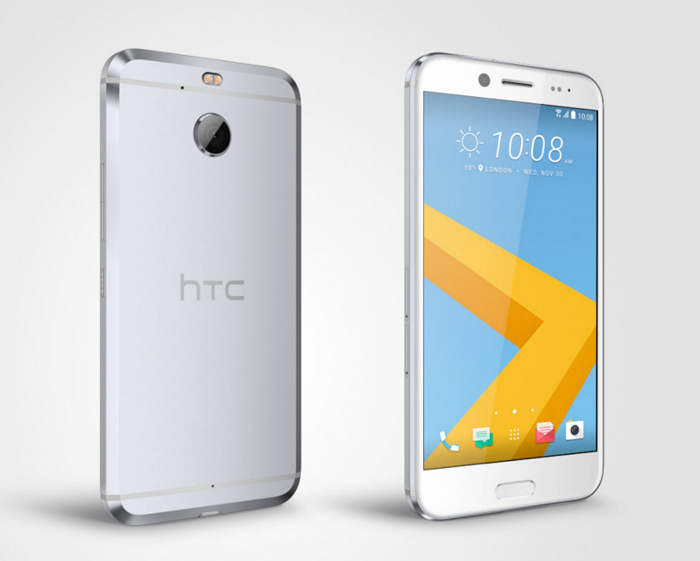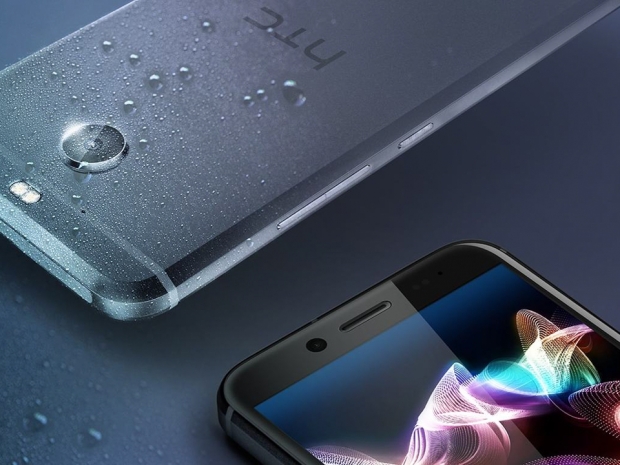Snapdragon 810 with 3GB of RAM

Source: HTCSource.com
The device is an alternative, rather than an upgrade, to the HTC 10 that was announced in April and released later in May. Rather than featuring the same 5.2-inch 1440p display with Gorilla Glass 3, the HTC 10 Evo gets a larger 5.5-inch 1440p display featuring Gorilla Glass 5. On the other hand, however, the processor and memory size gets downgraded from a Snapdragon 820 and 4GB of RAM to a Snapdragon 810 and 3GB of RAM. In another turn of events, the HTC 10 Evo is IP-57 waterproof certified, but will follow in Apple’s footsteps by removing the 3.5mm headphone jack.
Cameras upgraded to 8MP and 16MP
HTC’s proprietary camera technology, UltraPixel, has been a subject of interest over the years since its first debut on the HTC One M7 in early 2013. The HTC 10 then introduced UltraPixel 2.0 as a 12-megapixel rear-facing camera featuring smaller 1.55µm pixels, a 26mm lens, f/1.8 aperture, OIS, laser autofocus and dual-tone flash. On the front, the phone featured a 5-megapixel camera with 1.34µm pixels, a 23mm lens and f/1.8 aperture.
The HTC 10 Evo now gets upgraded to a 16-megapixel rear-facing camera with f/2.0 aperture, yet still retains all the same functionality with the inclusion of auto-HDR detection. The front-facing camera also gets upgraded to an 8-megapixel sensor with f/2.4 aperture and auto-HDR.
USB 2.0 Type-C connector with QuickCharge 2.0
In terms of features, both devices feature 802.11ac dual-band Wi-Fi, a microSD card slot up to 256GB, fingerprint readers and NFC, with the difference being Bluetooth 4.1 on the HTC 10 and Bluetooth 4.2 on the HTC Evo. As for connectivity, the HTC 10 featured a USB 3.1 Type-C reversible connector, while the HTC 10 Evo gets a USB 2.0 Type-C reversible connector.
Another main difference to note between the devices is charging capabilities, as the original HTC 10 (3,000mAh battery) supports Qualcomm QuickCharge 3.0 while the HTC 10 Evo (3,200mAh battery) only supports QuickCharge 2.0. This can mean the difference between charging up to full capacity in around 40 minutes versus about 95 minutes.
Pricing and availability
The HTC 10 Evo will first be available in Taiwan in unlocked 32GB version for ¥17,900 ($561) and an unlocked 64GB version for ¥19,900 ($624). As for availability in the US, the UK and elsewhere, reports indicate it will be sold exclusively through HTC’s website at some point and will not be sold in retail stores. The phone will be offered in silver, black and gold, and includes USB-C earphones in the box.




